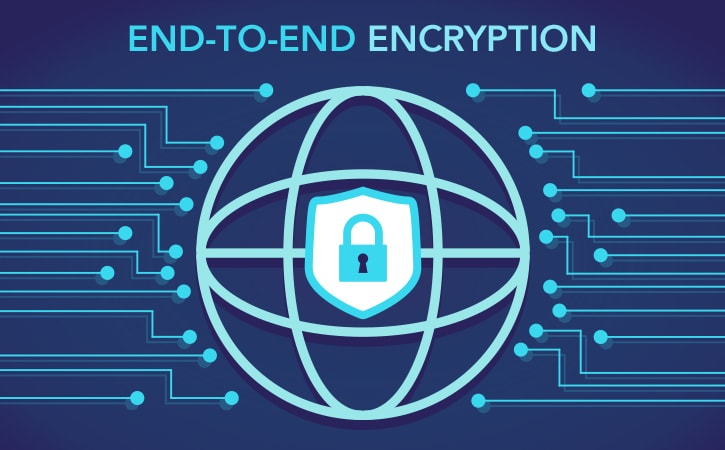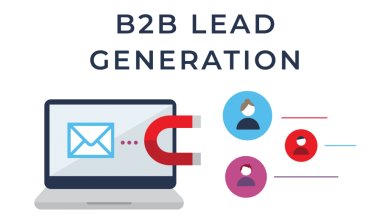Safeguard Your Critical Data With Cloud Security Solutions

Cloud security platforms provide the necessary tools to protect your data while in transit and at rest in the cloud. By encrypting your data, you can ensure that it remains confidential even if it is compromised.
Additionally, cloud security solutions can help you manage access privileges and track user activity, so you ascertain that only authorized users can access your data.
Table of Contents
Why Do You Need Data Protection?
It’s a question many companies have faced in recent years: Should they retain ownership of their customer data or transfer ownership to a third-party cloud service provider.
As more and more companies look towards cloud services as a primary means of providing IT infrastructure, the proper mechanisms must be in place to protect your most valuable assets.
Public or private, SaaS or IaaS, choosing the proper cloud service provider is only one step in the right direction. Many companies also provide their own services from within a virtualized environment on isolated servers – but when it comes to expanding your business and investing in analytic capabilities that will scale with you into an IoT future, the cloud is the answer.
If you’re prepared to take that step, here are some of the key security aspects you should keep in mind when evaluating a cloud service provider.
Key Security Aspects to Consider When Choosing a Cloud Service Provider:
1. Data Encryption
Encryption is a way to protect data from unauthorized access. But today’s cloud services need to fit the digital age and business environment, not just meet current compliance standards.
In addition to protecting your data from cybercriminals, you’ll want to ensure that encryption capabilities offered by a cloud service provider can keep up with evolving technologies such as Machine Learning.
2. Data Access Management
A cloud security solution helps you develop a comprehensive understanding of who has access to your data when they are accessing it, and what type of activity is occurring. This type of visibility provides the information you need to make an informed decision about who should have access to your most sensitive data.
3. Security Automation
Security automation helps reduce the amount of time and effort it takes to maintain a secure environment. Automated solutions can help you quickly identify and address threats as they occur, so you can focus on your business rather than managing security threats.
4. Third-Party Audits
When you entrust your data to a cloud service provider, it’s essential to be confident in taking the required steps to protect it. One way to verify this is through regular third-party audits. These audits can provide an independent assessment of a cloud service provider’s security posture and compliance with industry standards.
5. Data Breach Response Plan
When it comes to data breaches, the sooner you can identify and contain the breach, the better. A cloud security service provider that has a well-defined data breach response plan will be able to help you do just that. Having a plan that will help minimize damage and keep your data safe is essential.
6. Third-Party Certifications
If you’re ready to switch to cloud services, ensure that your provider backs their security claims with third-party certifications. Only those providers who have invested in cyber security solutions and adhere to industry best practices should be considered for your business.
7. Tracking User Activity
To maintain compliance with your organization’s security policies, you’ll need cloud security solutions that provide detailed user activity tracking. This type of activity logging can help you quickly identify and address any policy violations.
You can quickly identify and address inappropriate or unauthorized activity by monitoring user behavior. This type of tracking also helps to ensure compliance with your organization’s security policies.
8. Data Loss Prevention
Data loss prevention (DLP) is a critical component of any cloud security solution. By observing and controlling the flow of sensitive data, you can help to protect it from accidental or unauthorized disclosure. A cloud security solution that includes DLP capabilities can help you to protect your data while it’s in transit and at rest.
9. Multi-Factor Authentication
Requiring multiple forms of authentication is a crucial way to protect your data while it’s in the cloud. Multi-factor authentication needs users to give more than just a username and password to access sensitive data. This type of authentication can help to reduce the risk of unauthorized access to your data.
When choosing a cloud service provider, it’s crucial to select one that provides the right balance of security and convenience. Holistic cloud security solutions can help you meet compliance standards, provide the necessary visibility into user activity, and automate day-to-day tasks – all with an easy-to-use interface.
Follow TechWaver for more!


